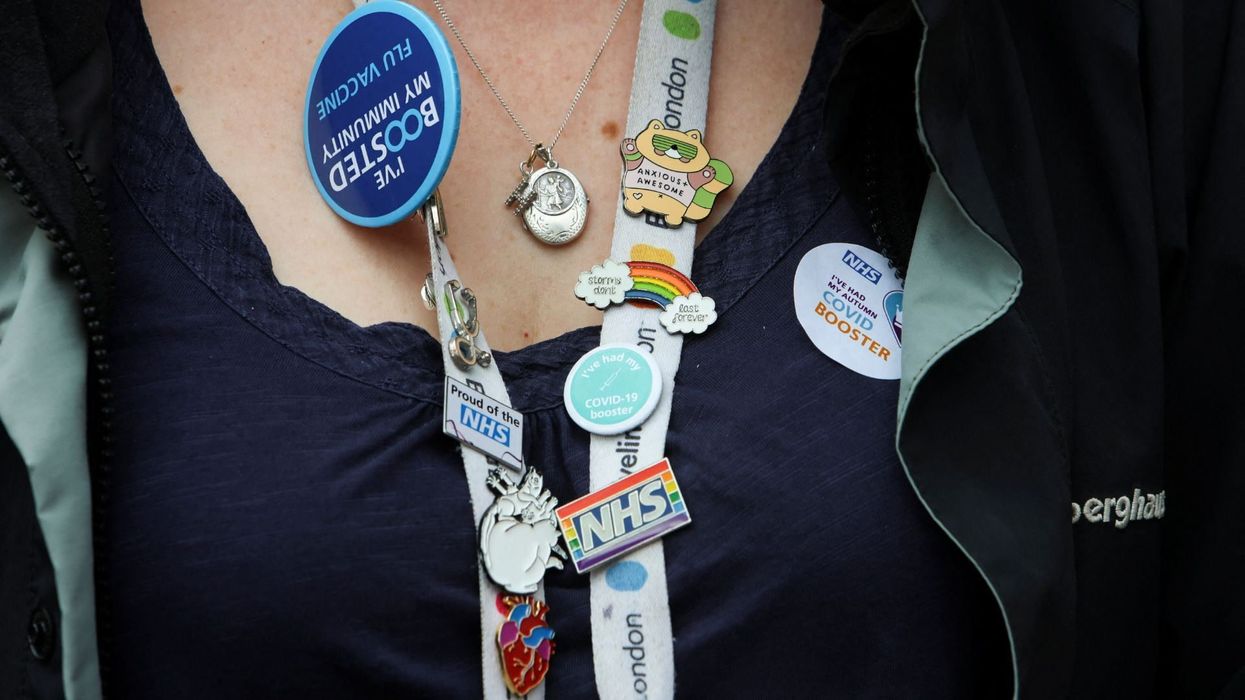The NHS is under pressure thanks to people going to A&E departments with minor ailments, including hiccups.
Data analysed by the Press Association news agency shows that between 2021-22 and 2022-23, the number of people going to the department (which literally has emergency in the name) for minor problems like a blocked nose and feeling sick has increased a large amount.
Hiccups cases, for instance, rose three per cent, from 794 to 819.
Meanwhile, the number of people rushing to hospital for a sore throat rose by 77 per cent, from 191,900 cases to 340,441 and patients going to A&E with coughs rose by 47 per cent, from 219,388 to 322,500.
Attendances for nosebleeds rose by a fifth, from 47,285 cases to 56,546 and complaints for backache rose 2 per cent, from 317,149 to 324,443.
Cases of earache rose 22 per cent, from 191,387 to 233,723 while attendances in A&E for fever rose 44 per cent, from 566,531 to 813,609, and insomnia cases rose six per cent, from 1,265 to 1,343.
Diarrhoea cases jumped 12 per cent, from 106,072 to 119,019, nasal congestion cases rose 30 per cent, from 12,380 to 16,115, and nausea cases rose 14 per cent, from 14,177 to 16,161.
Miriam Deakin, the director of policy and strategy at NHS Providers, told theGuardian: “The rise in A&E admissions is piling even more pressure on to an already stretched NHS. Persistent strain on primary care services, including GPs and dentists, means patients often resort to A&E when they cannot access timely care elsewhere.
“Minor ailments such as coughs, earache, fever, nausea and hiccups can and should be managed through more appropriate services such as pharmacies and NHS 111 online. This could ease pressure on emergency departments, whose priority is to deliver urgent care for those most in need. Boosting capacity of staff, beds and equipment in these settings would also significantly help. However, this requires proper funding and support from the government.”
Overall, 8.6 million attendances resulted in the patient being discharged with written advice.
Dr Adrian Boyle, the president of the Royal College of Emergency Medicine, added: “While there has certainly been an increase in issues which may not have traditionally been thought of as requiring emergency care, it is not the main problem, and is symptomatic of a much wider issue. One change which certainly would have an impact is greater clinical input into the NHS 111 service to help direct patients to the right care for them, be that in the community or, when necessary, at hospital.”
Prof Kamila Hawthorne, the chair of the Royal College of GPs, said: “Unfortunately, the entire NHS is heaving under unsustainable pressures and patients are increasingly looking for any port in the storm. While some of the presentations to A&E may not be indicative of a medical ‘emergency’, conditions such as fevers … can be symptomatic of something more serious that needs the skill and expertise of a medical professional to diagnose and treat.”
Sign up to our free Indy100 weekly newsletter
Have your say in our news democracy. Click the upvote icon at the top of the page to help raise this article through the indy100 rankings.














